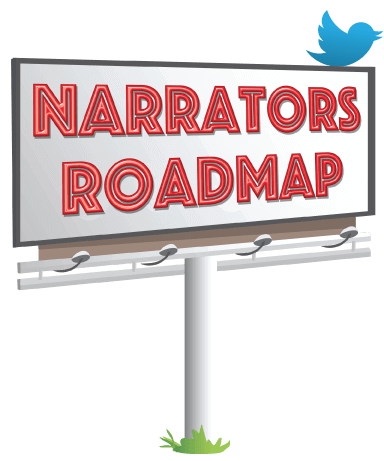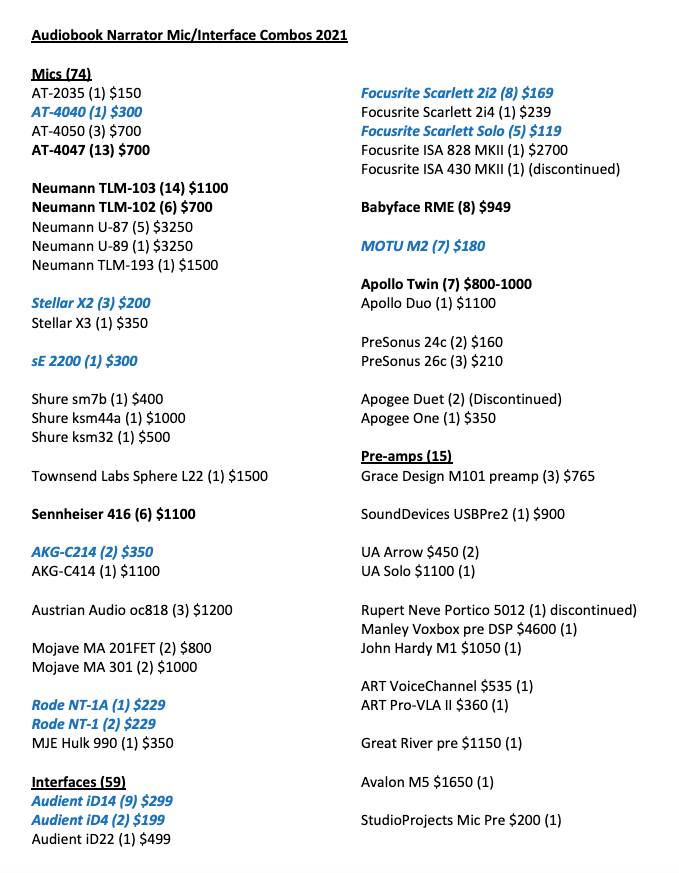Sometimes, the rights holder of an audiobook created under an ACX Royalty Share or Royalty Share Plus contract will want to dissolve the contract after the audiobook is on sale. In many cases, the sales have been better than the RH expected, and they would like to receive all royalties rather than split them with the narrator.
In other situations, the RH wants to distribute their audiobook on other platforms. With an RS or RS+ contract, they are locked into Exclusive Distribution with Audible for at least 90 days and up to 7 years.
The only way a RH can ever break an RS/RS+ contract with the narrator is to pull the book. (Refer to the section titled Contract Language in this article.)
Per the ACX blog article linked above, the RH cannot pull the book before the end of the 7-year distribution term without the narrator’s consent. The article explicitly states:
Rights Holders with Royalty Share or Royalty Share Plus deals must provide Producer consent when making their request.
Furthermore, Section 8(b)iii of the contract clearly states:
Rights Holder may not cancel Producer’s engagement under this Section 8(b) after Rights Holder has approved the Completed Audiobook. “Completed Audiobook” means the audio recording of the entire Book, following the editing and/or mastering process.
If an RH approaches you and asks you to dissolve the contract before the end of the 7-year distribution period, be aware that the decision rests completely with you. You have no obligation to terminate the contract.
Observe how you feel. What does your gut tell you to do — retain the contract or release the RH from it? Listen to your intuition because it will give you correct guidance.
If you decide you are willing to terminate the contract, the RH should buy out your share. Skilled negotiators often ask the other side to go first. I therefore would request the RH make me an offer of fair compensation for the termination fee. Of course, my idea of “fair” and theirs might differ!
Compute Your Compensation
I’d average the monthly royalties earned thus far for the audiobook and multiply those amounts by the number of months remaining in the contract to estimate what I might expect to earn over the contract life. Be aware that monthly sales tend to drop over time, so you may adjust your final figure downward.
- How does that number compare to your PFH rate multiplied by finished time for each book? If the guestimated royalties would be greater, use that number as your base. Otherwise, use your PFH rate. Remember, a RS contract is a deferred payment of your PFH rate, so you should earn at least that much.
- Have you earned back your production costs such as your editor’s and proofer’s fees? If not, add any unrecouped expenses to your figure.
- I would also add in the cost of any attorney fees for this transaction. (You typically won’t need an attorney for contract termination.)
Finally, if the author has earned some sort of bestselling designation (NY Times, USA Today, etc.) and/or is prolific with more books coming out, I’d add an arbitrary figure to compensate for the loss of the prestige of having her books in my portfolio.
Tally all of these figures together to determine a reasonable counter offer. Know the minimum you would accept because the RH would likely try to negotiate you down.
Inform ACX
You must use the ACX message system as the official record of your communications regarding changes to the project.. This 2017 ACX video shows how to dissolve the contract for books still in production, but the process would be similar for completed audiobooks that are for sale.
This ACX Help page lists the steps for notifying ACX about contract dissolution for RS/RS+ books that are for sale. The sentence “There are other factors that come into play” indicates that Audible could say no to the request. Be sure that both you and the RH write to Info@ACX.com and outline your agreement about contract dissolution.
As an aside, I want to point out that the ACX page links to the Production Standard Terms, which is your contract. This page is also linked on your project. On your Completed Projects tab, each book that says “Accepted as a Royalty Share deal” to the right of the cover art includes the Production Standard Terms.
Other resources on this topic:
- My article Cure For the ACX 7-Year Itch gives more details about the ACX contracts and explains why a RH should make separate decisions about the narrator and distribution contracts. The RH can not stop paying royalties to the RS/RS+ narrator after 7 years, and they cannot remove the narrator from the contract without pulling the book. The RH will lose all ratings and reviews whenever they terminate an RS/RS+ agreement, including at the 7-year mark and beyond.
- These references on the ACX site further support my statement that the RH can’t terminate an RS/RS+ contract without the narrator’s consent.
- “If this Audiobook is in a Royalty Share deal, the agreement cannot be changed.” per this ACX Help page.
- Previously, the RH could change exclusivity after a year. Even then, they could only make that change for PFH or DIY projects. See item 13 in the ACX Book Posting Agreement. Note that item 13B states:
“If you elect to pay the Producer who produces an Audiobook using the ACX royalty share option, you must grant Audible exclusive distribution rights to the Audiobook and you cannot change your grant to non-exclusive.”









